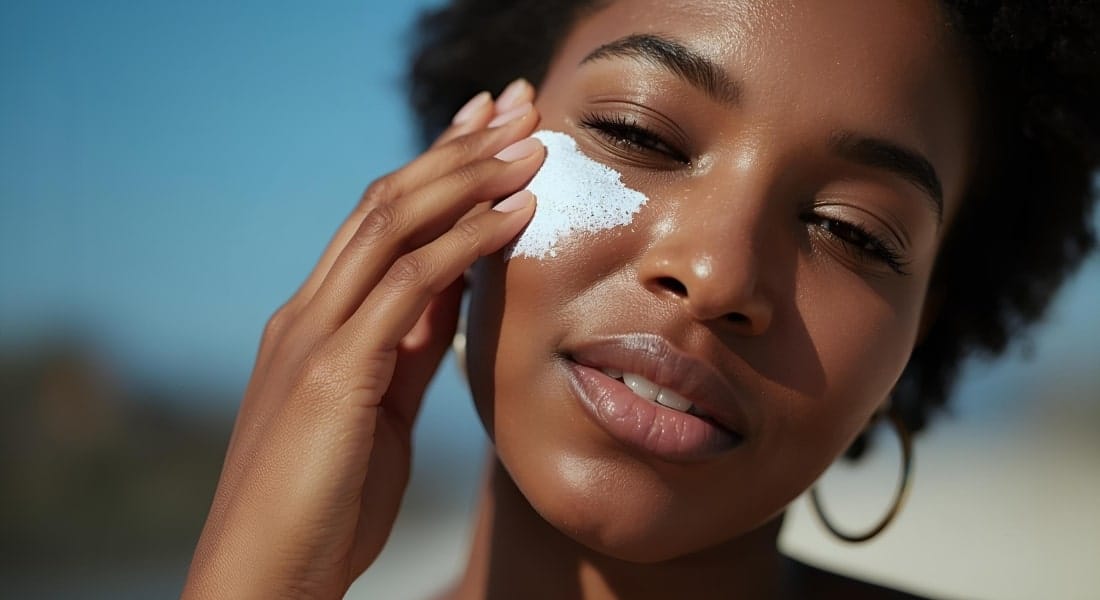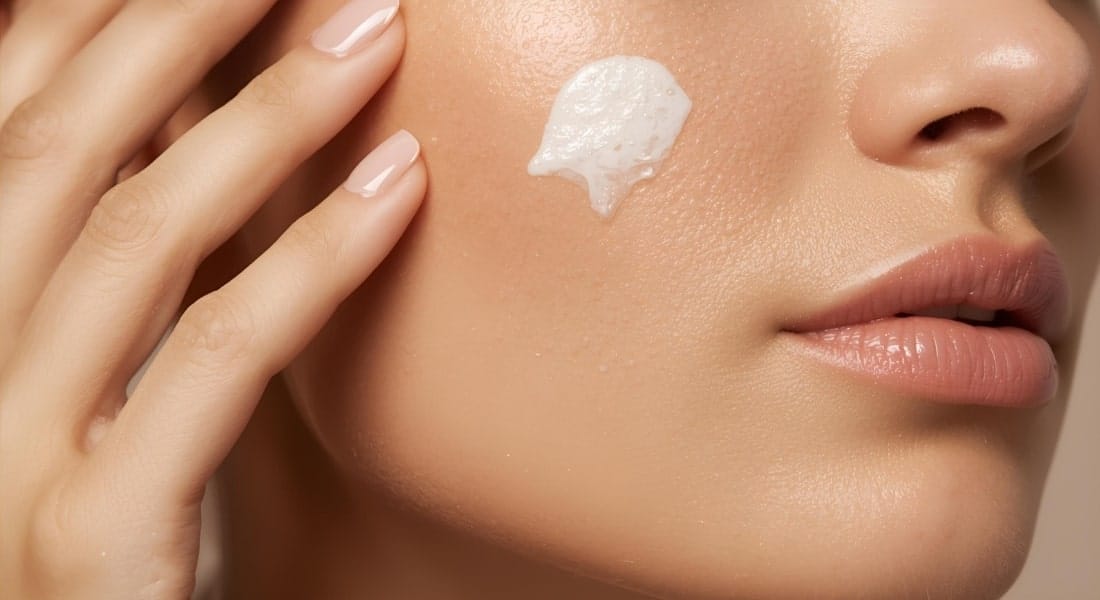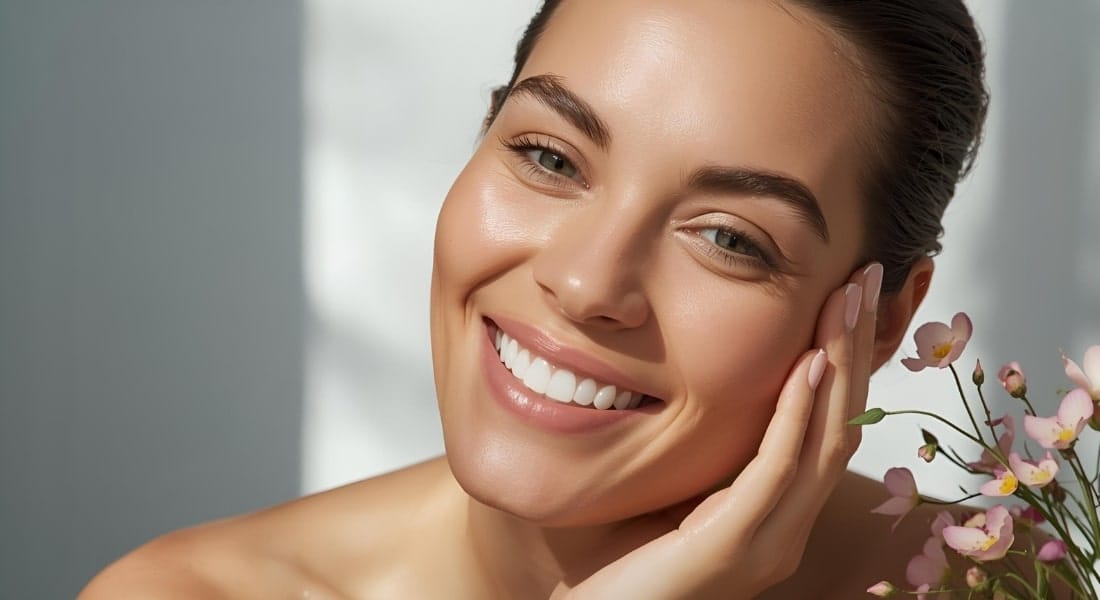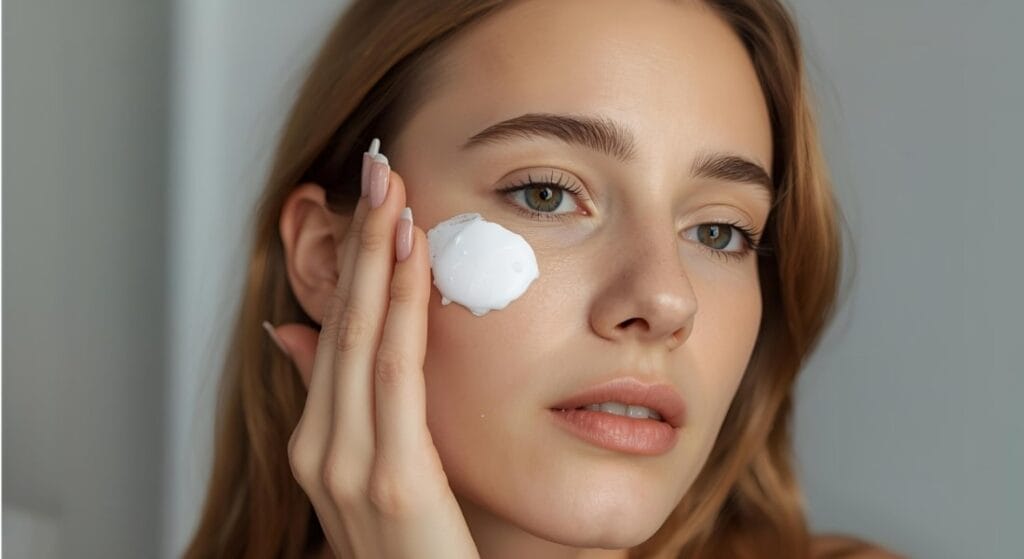Most of us have a deeply ingrained belief that sunscreen is exclusively for beach days, vacations, or prolonged periods spent outdoors under a blazing sun. It’s a tool we pull out for specific occasions, stashing it away for a majority of the year. This common misconception, however, is one of the biggest threats to your skin’s long-term health. The truth is, the importance of sunscreen cannot be overstated. From the moment you wake up, your skin is under a constant, silent assault from UV radiation. The idea that we are safe indoors or on a cloudy day is a dangerous myth that contributes to significant, irreversible skin damage over a lifetime.
The scientific community and leading dermatologists are unanimous: UV protection for skin is a 365-day commitment. The invisible rays that cause sunburn are only part of the story. The rays that cause premature aging and increase the risk of skin cancer can penetrate windows, cloud cover, and even thin clothing. This comprehensive guide will debunk common myths and provide a medically reliable explanation for why incorporating a high-quality, broad spectrum sunscreen into your daily sunscreen benefits your skin in ways you may have never considered. We’ll show you why a medical grade sunscreen like Lytec SHELL SUNSCREEN is your most important ally in the fight for lasting skin health.
Why Sunscreen Is Necessary Every Day, Indoors and Out
To truly understand the necessity of daily sunscreen, we must first understand the two primary types of ultraviolet (UV) radiation that reach the Earth’s surface: UVA and UVB rays.
- UVB Rays (Burning Rays): These are the primary cause of sunburn. They are most intense on sunny days, especially between 10 a.m. and 4 p.m. While UVB rays are largely blocked by glass, their ability to damage the outer layers of the skin is why we feel their immediate, painful effects.
- UVA Rays (Aging Rays): UVA rays are the silent but persistent aggressors. They have a longer wavelength and can penetrate clouds, glass, and even the shallow layers of water. This is why sunscreen indoors is a non-negotiable part of your routine. UVA rays are the primary culprits behind long-term skin damage, contributing to wrinkles, fine lines, and sagging. They silently break down the collagen and elastin fibers that give your skin its youthful structure.
The concept of indoor exposure is often overlooked, but it is a critical source of chronic skin damage. Think about your daily routine:
- Driving: The side windows and sunroofs of your car allow UVA rays to pass through, which is why dermatologists often see more sun damage on the left side of their patients’ faces (in countries with left-hand drive cars).
- Near Windows: If your desk is by a window at work or your favorite spot on the couch is next to a large pane of glass, you are constantly being exposed to damaging UVA rays.
- Fluorescent and LED Lighting: While the UV emissions are low, some types of indoor lighting can still contribute to cumulative exposure over a lifetime.
- Blue Light (HEV): This high-energy visible light from your computer screens and smartphones is another potential source of skin damage. While the research is ongoing, many experts believe that prolonged exposure can contribute to premature aging and hyperpigmentation.
Without daily sunscreen benefits, this constant exposure adds up, leading to a host of long-term skin problems, including sunspots, uneven texture, and an increased risk of developing skin cancers like melanoma, basal cell carcinoma, and squamous cell carcinoma.
Common Myths About Sunscreen
Misinformation about sunscreen is rampant, leading many people to make poor decisions about their skin health. Let’s set the record straight on a few of the most pervasive myths.

- Myth: “I don’t need sunscreen indoors.”
- Medical Fact: As discussed, this is perhaps the most dangerous myth. Standard window glass effectively blocks most UVB rays, but it does little to stop the deeply penetrating UVA rays. These are the very rays responsible for a majority of the signs of aging and are present from dawn to dusk. If you can see sunlight through a window, UVA rays are reaching your skin.
- Myth: “Dark skin doesn’t need sunscreen.”
- Medical Fact: While melanin provides a degree of natural protection (around an SPF of 7-13), it is not enough to completely block harmful UV radiation. People with darker skin tones can still get sunburns, develop sunspots, experience hyperpigmentation, and are susceptible to skin cancer. In fact, due to this myth, melanoma is often diagnosed at a later, more dangerous stage in people with darker skin. The importance of sunscreen is universal.
- Myth: “Sunscreen is only for summer.”
- Medical Fact: UV radiation is present year-round, regardless of the temperature or season. Snow can reflect up to 80% of UV rays, making winter sports a high-risk activity for sunburn. Similarly, clouds only block about 20% of UV rays. The most damaging UVA rays are present every single day of the year.
- Myth: “My makeup has SPF, so I’m covered.”
- Medical Fact: Most makeup products contain low SPF and are applied in very thin layers, which is insufficient for adequate UV protection for skin. Furthermore, the SPF in makeup often degrades over time, leaving you unprotected for most of the day.
The Essential Benefits of Wearing Sunscreen Daily
Making sunscreen every day a non-negotiable part of your skincare routine offers a wealth of benefits that go far beyond preventing a painful sunburn.
- Prevents Premature Aging (Photoaging): Premature aging skin care is all about preventing damage. The chronic exposure to UVA rays is the leading cause of photoaging, which includes fine lines, wrinkles, leathery skin, and a loss of elasticity. By wearing a broad spectrum sunscreen daily, you actively defend your skin’s collagen and elastin, helping to maintain a youthful, supple appearance for years to come.
- Protects Against Skin Cancer: This is the single most important reason to wear sunscreen. According to the American Academy of Dermatology, regular daily use of SPF 15 or higher sunscreen can reduce your risk of developing squamous cell carcinoma by about 40% and your risk of melanoma by 50%. This makes daily sunscreen benefits an essential part of your overall health and wellness strategy.
- Maintains an Even Skin Tone: Sun exposure is a primary cause of hyperpigmentation, including sunspots, melasma, and freckles. Consistent UV protection for skin helps prevent the formation of these dark spots and can even assist in the fading of existing ones, leading to a more uniform and radiant complexion.
- Protects Against Blue Light Damage: As we spend more time in front of digital screens, the risk of damage from high-energy visible (HEV) light becomes a concern. While more research is needed, many mineral sunscreens containing zinc oxide and titanium dioxide offer some protection against this type of light, adding another layer to your skin damage prevention efforts.
What to Look for in a Daily Sunscreen
Choosing the best sunscreen for everyday use can be overwhelming, but focusing on a few key factors makes the process simple.

- Broad Spectrum Coverage: Your sunscreen must protect you from both UVA and UVB rays. Look for the words “broad spectrum sunscreen” on the label to ensure you are getting complete protection.
- SPF 30 or Higher: The American Academy of Dermatology recommends a minimum of SPF 30 for daily use. SPF 30 blocks approximately 97% of UVB rays. Higher SPFs block slightly more, but no sunscreen blocks 100% of UV rays.
- Non-Comedogenic & Safe for Sensitive Skin: For daily use, you need a formula that won’t clog your pores or cause breakouts. Look for labels that say “non-comedogenic” or “gentle for sensitive skin.”
- Formula & Consistency: For a comfortable everyday product, look for a lightweight, fast-absorbing formula that doesn’t leave a white cast.
- Water/Light Resistance: While not necessary for a typical day indoors, having some level of resistance is a bonus for those times when you might be briefly exposed to the elements.
Aakaar Medical Technologies Ltd understands the clinical needs of professionals and the daily routines of consumers. Our Lytec SHELL SUNSCREEN is the ideal best sunscreen for daily use because it meets all of these criteria with a dermatologist-recommended, professional-grade formulation.
Why Choose Lytec SHELL SUNSCREEN
When it comes to your skin, you need more than a generic sunscreen. You need a trusted, medically-tested solution that works. That’s why Lytec SHELL SUNSCREEN is in a class of its own.
Our product is a medical grade sunscreen, meticulously formulated and backed by the scientific expertise of Aakaar Medical Technologies Ltd. The unique “SHELL” technology creates a protective, breathable barrier on the skin’s surface, acting as a physical shield against a broad spectrum of harmful rays. This innovative formulation ensures unparalleled SPF protection indoors and outdoors, providing robust defense against UVA, UVB, and even blue light.
The lightweight, non-greasy formula is perfect for all skin types and won’t clog pores, making it an excellent choice for consistent, daily wear. Its fast absorption and lack of a white cast mean it can be seamlessly integrated into any skincare regimen. The clinical effectiveness of Lytec SHELL SUNSCREEN has made it a trusted choice for professionals and consumers alike.
“I’ve been recommending Lytec SHELL SUNSCREEN to my patients for months,” says one dermatologist. “The results in terms of consistent skin damage prevention and improved skin clarity have been outstanding. It’s the one sunscreen I know they’ll actually wear every single day.”
For comprehensive, reliable, and advanced UV protection for skin, choose the solution trusted by medical professionals. Lytec SHELL SUNSCREEN is not just a product; it’s an investment in your skin’s lasting health.
How to Make Sunscreen a Part of Your Routine
Making sunscreen every day a habit is easier than you think. Here’s a simple guide to incorporating it into your daily life.
- Apply in the Morning: Think of sunscreen as the final step in your morning skincare routine. Apply it after your moisturizer but before your makeup. This ensures a consistent layer of protection on your skin.
- Use the Right Amount: A general rule of thumb is to use about a nickel-sized amount for your face and neck. Applying too little will significantly reduce its effectiveness.
- Reapply if Necessary: While a single morning application of a high-SPF product is often enough for an average day spent primarily indoors, it’s good practice to reapply every two hours if you’re exposed to direct sunlight for a prolonged period, even when driving.
Consistency is key to the importance of sunscreen. By simply placing your sunscreen next to your toothbrush or your moisturizer, you can build a daily habit that will protect your skin for years to come.
Conclusion: Your Daily Commitment to Lasting Skin Health

The misconception that sunscreen is an occasional accessory is a major obstacle to optimal skin health. As we’ve seen, constant exposure to UVA rays, even through windows and on cloudy days, contributes to premature aging and increases the risk of skin cancer. The importance of sunscreen cannot be overstated.
By choosing to wear a broad spectrum sunscreen with SPF 30 or higher every single day, you are making a powerful choice to protect your skin from a silent but constant threat. For ultimate UV protection for skin, and a comfortable, reliable formula, choose Lytec SHELL SUNSCREEN. It’s the smart and simple step you can take for long-term health and radiant, youthful-looking skin.

